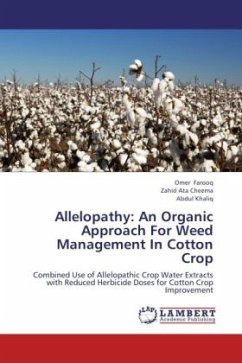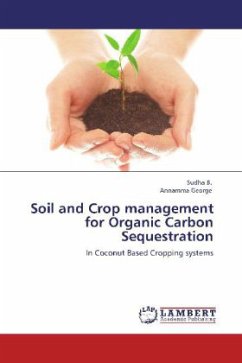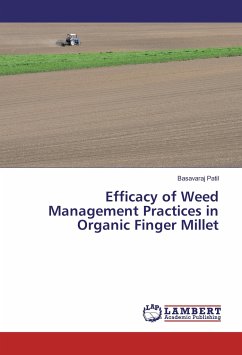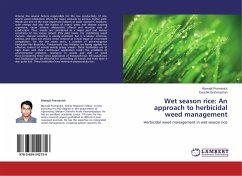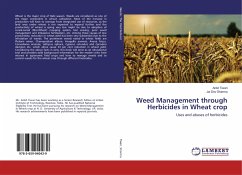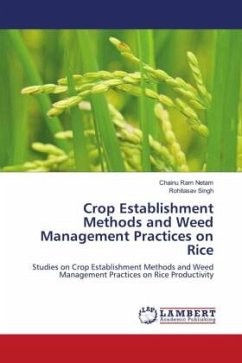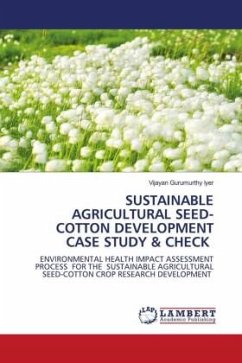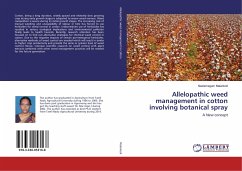Pakistan is one of the ancient homes of cultivated cotton. It provides not only foreign exchange earning crop but raw material to local textile industry also. Weeds are serious menace blocking the way of improvement in the yields of agricultural crops. Cotton crop is no exception; weed infestation is one of the main factors lowering its yield through competition for resources and adverse allelopathic effects. Weeds in cotton are controlled manually, mechanically or chemically. Manual weed control is highly labor dependant. Mechanical control is economical but it controls only inter row weeds. While chemical control is most efficient method but in addition to resistance development it has many soil and environmental issues. Allelopathy is a natural and environment friendly technique for weed management and unlike synthetic herbicides, such products are produced naturally in the crops and used directly as pesticides. They are effective, economically viable and environment friendly.The allelopathic potential of sorghum and brassica has been reported in various studies. Combined use of allelopathy and herbicide provides more efficient result in many field studies.
Bitte wählen Sie Ihr Anliegen aus.
Rechnungen
Retourenschein anfordern
Bestellstatus
Storno

